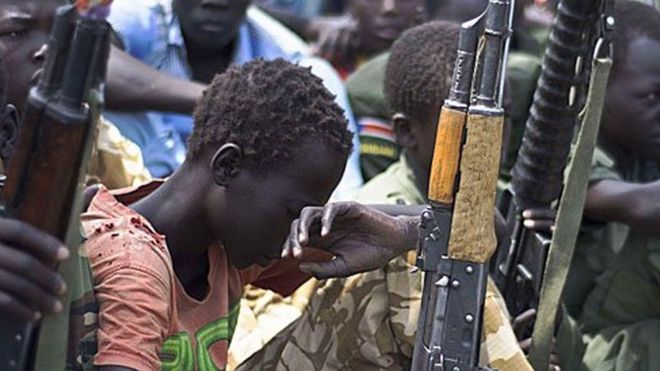The number of Cameroonians fleeing violence and seeking refuge in Nigeria has crossed the 30,000-mark, the UN High Commission for Refugees (UNHCR) has said.
Mr Babar Baloch, a spokesperson for UNHCR, highlighted that the needs on the ground to cater for the refugees in Nigeria were outpacing donor efforts.
Baloch said reports indicated that scores of people had been killed in English-speaking areas of Cameroon and thousands forced from their homes, including many who have sought refuge in Nigeria.
He said the situation was particularly worrying for women and children – accounting for close to 80 per cent of arrivals – and most refugees are sheltering in Nigeria’s south eastern areas, hosted by local communities.
The UNHCR boss said the refugee agency was facilitating voluntary relocation of refugees to settlements in Cross River and Benue provinces, which provide better security, shelter and access to essential services.
“Currently, more than 9,000 Cameroonian refugees have been moved to new settlements, where they receive food as well as essential items such as mattresses, mosquito nets, stoves and cooking utensils, as well as equipment to build shelters,” Baloch said.
The UNHCR spokesperson added that women and girls were also being provided with dignity kits, including among other items, buckets, soap and towels.
In some instances, cash assistance is provided to enable refugees buy food directly from the markets in host communities, helping facilitate the integration of those forced to flee and those welcoming them, he stated.
“However, despite the work of UNHCR and other aid organizations, the needs are far from being met and there are several challenges, including education opportunities for refugee children.
“The rainy season and harsh road conditions to remote areas makes the assistance to the refugees outside of the newly-developed settlement very difficult, with acute needs for food, shelter, water and sanitation,” he said.
Baloch explained that discussions were ongoing with the Government for improved access to the displaced population.
The spokesperson for the UN refugee agency said many of those who had fled so far, had to rely on trails and informal paths to make the crossing, as official border entry points remained closed.
Together with their partners, UNHCR staff are present at access points often used by refugees to assess the situation and the needs of new arrivals, Baloch added.
“People are telling us they were ordered to leave their houses due to increasing violence in their home areas,” he said.
Baloch said violence in Cameroon’s primarily English-speaking north-west and south-west areas has worsened over the past year and recent violence uptick followed clashes between armed groups and security forces.
NAN
